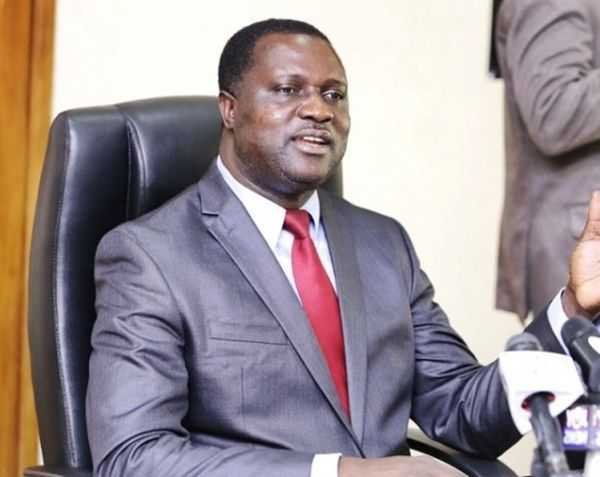Ghana‘s Cabinet has approved the launch of a Gifted and Talented Education (GATE) programme, aimed at providing advanced and tailored education for children with exceptional abilities.
The GATE initiative is designed to support learners who demonstrate extraordinary potential in areas such as high intelligence, creative thinking, the arts, leadership, athletics, and mechanical skills, requiring specialized educational provisions to nurture their talents.
Despite the importance of GATE in global education systems, it has not yet been introduced in Ghana, either in public or private sectors.
The country’s current Education Strategic Plan (2018-2030) also overlooks GATE as a critical strategy for fostering socio-economic transformation, potentially sidelining high-ability children who could become future innovators and leaders.
Education Minister Dr. Yaw Osei Adutwum, who proposed the GATE programme, emphasized the necessity of challenging gifted children beyond the standard curriculum to fully develop their capabilities.
He argued that by doing so, Ghana could accelerate its economic development and reduce inequality, following the successful examples of other countries that implemented similar programmes in the 1960s and 1970s.
The GATE programme will begin with the introduction of career pathways and new course offerings in both Sciences and Arts, starting at the junior high school level and continuing through senior high school.
The Ghana Education Service (GES) and the Technical and Vocational Education and Training (TVET) Service, with their special education expertise, will be responsible for the implementation of GATE.
To ensure efficiency and avoid confusion, the proposal recommends supporting GES and TVET in administering the programme rather than creating a separate agency.
This approach will also ensure effective use of public funds. GATE initiatives will be especially beneficial to disadvantaged communities, including those in rural and Zongo areas, by addressing opportunity gaps through targeted identification, assessment, and programming.
Initially, the programme will establish new schools at the junior and senior high school levels exclusively for GATE students.
Later, qualified students will be integrated into GATE programmes within their current schools, ensuring that all participants receive the same enriching experiences.
The National Council for Curriculum and Assessment (NaCCA) will be responsible for developing the GATE curriculum, setting guidelines for student selection, and ensuring opportunities for underrepresented groups, as well as for the training and selection of GATE teachers.
Date:

